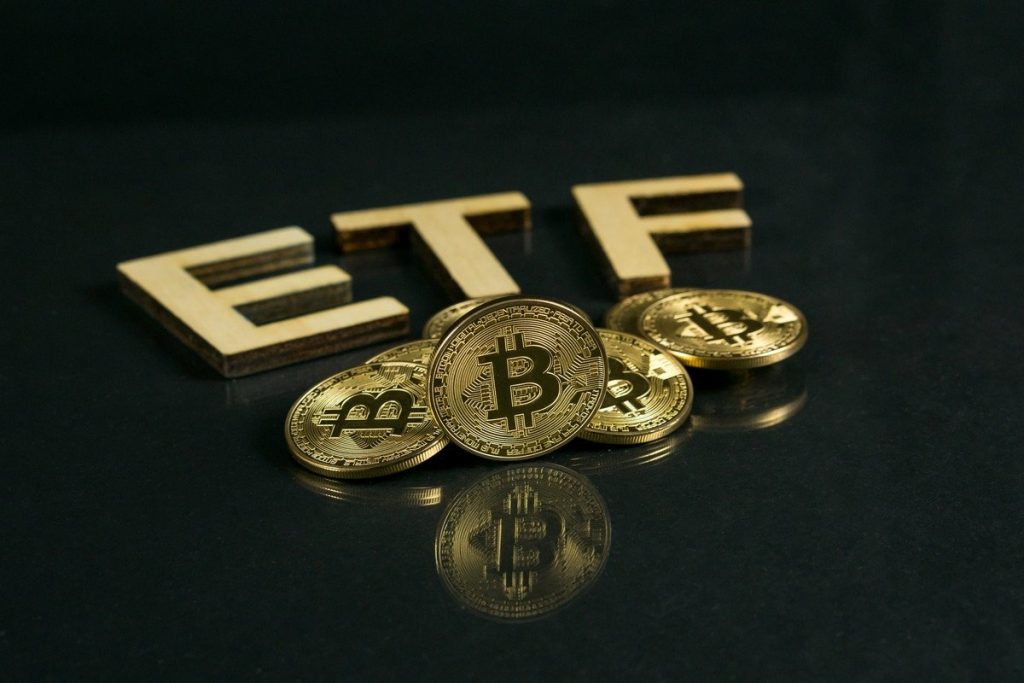Experts Highlight Key Distinctions Between Bitcoin Trusts

BlackRock has recently filed an application for a spot Bitcoin ETF with the Securities and Exchange Commission.
While some might think that the investment giant is applying for an ETF or a trust with properties similar to the Grayscale Bitcoin Trust (GBTC), there are certain distinctions between the two products.
For one, BlackRock’s iShares product, which is technically a trust, allows redemptions similar to an ETF. In contrast, the GBTC lacks this function, according to Noelle Acheson, editor of Crypto is Macro Now.
“The market hears ‘trust’ and thinks it will be like GBTC with no redemptions, but that’s not the case here,” he added.
The key difference between a bitcoin (BTC) ETF and a trust lies in the ability to buy bitcoin at the end of the trading day to bring the fund’s assets in line with its trading price, which only an ETF can do.
A trust, on the other hand, is a fixed portfolio with no ability to adjust its holdings and therefore often trades at a varying premium or discount to its underlying assets’ value.
For instance, GBTC has been trading at around a 40% discount to net asset value for years, prompting Grayscale to seek SEC approval for a Bitcoin ETF.
The company has even filed a lawsuit after the SEC rejected the conversion, which is currently playing out in a Washington DC court with a final decision expected later this year.
Grayscale has argued that the spot price of bitcoin in both spot and futures ETFs is subject to the same risks, so it does not make sense to approve one product and not the other.
The SEC has said that its disapproval of Grayscale’s spot ETF “was reasonable, reasonably explained, supported by substantial evidence, and faithful to the text of the Exchange Act.”
BlackRock’s ETF Adheres to Highest Possible Standards.
BlackRock has revealed that the pricing for its spot bitcoin fund will be calculated daily based on the CF CME Bitcoin Reference Rate, which “aggregates the notional value of Bitcoin trading across major Bitcoin spot exchanges.”
This would allow that investment firm to reliably track the spot price of Bitcoin, allaying some of the SEC’s concerns.
BlackRock’s iShares Bitcoin Trust will use Coinbase Custody as its custodian. The new iShares Bitcoin Trust will be listed on the Nasdaq exchange.
It is worth noting that since BlackRock is the world’s largest money manager, with $9.1 trillion of assets under management at the end of the first quarter of the year, the SEC won’t be able to easily reject its application.
“Given their reputation, this has the highest likelihood of happening out of all the attempts at a spot ETF so far,” crypto market analyst Joe Consorti said in a recent tweet.















